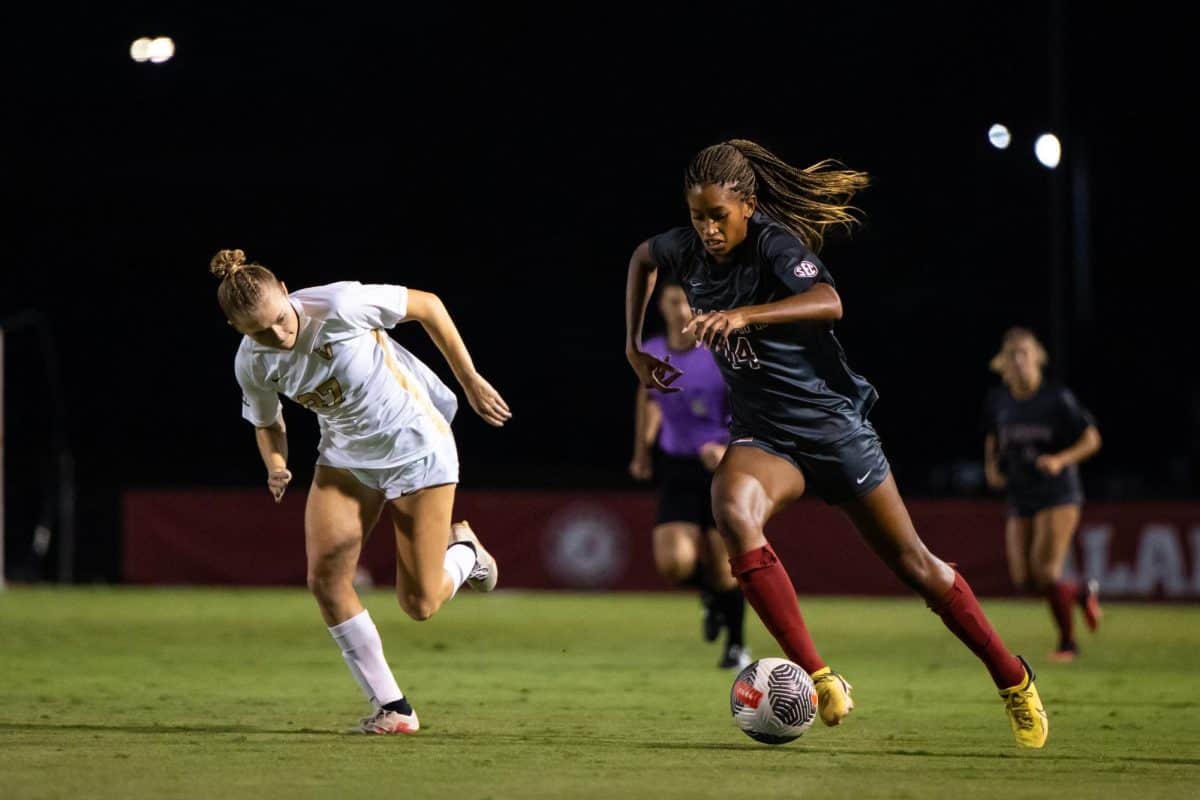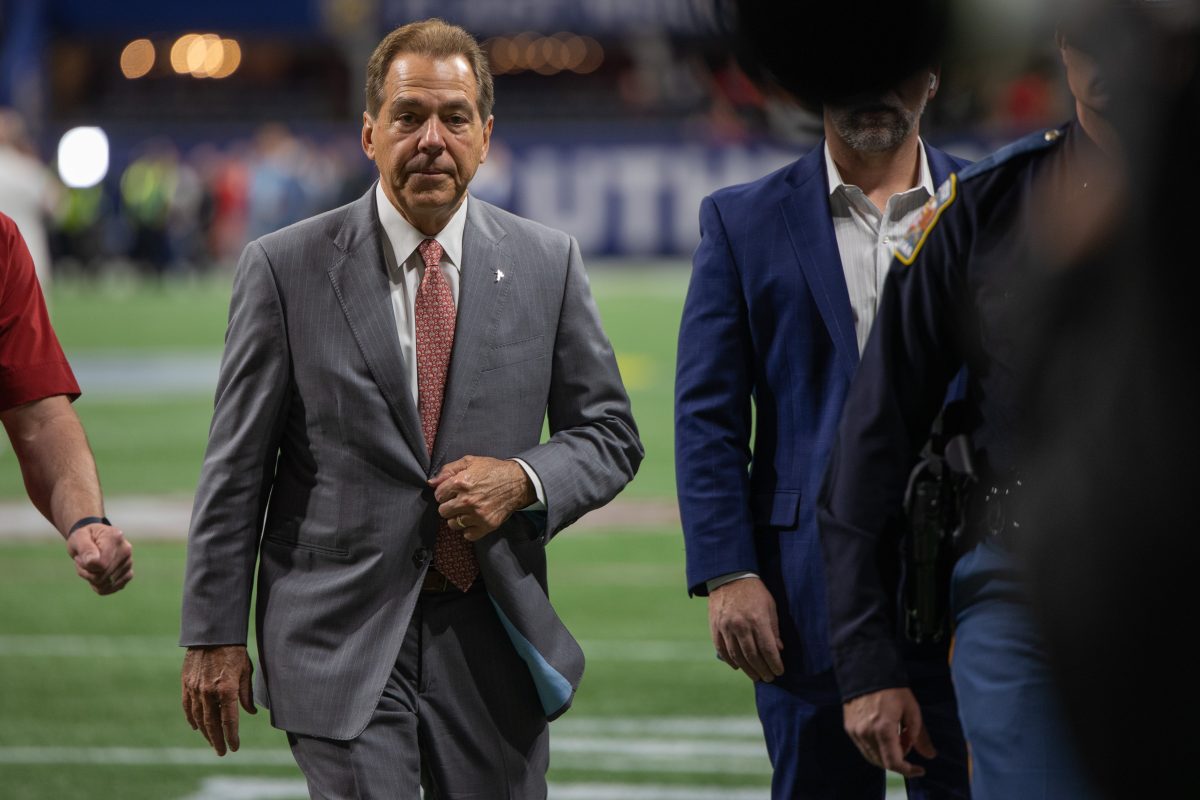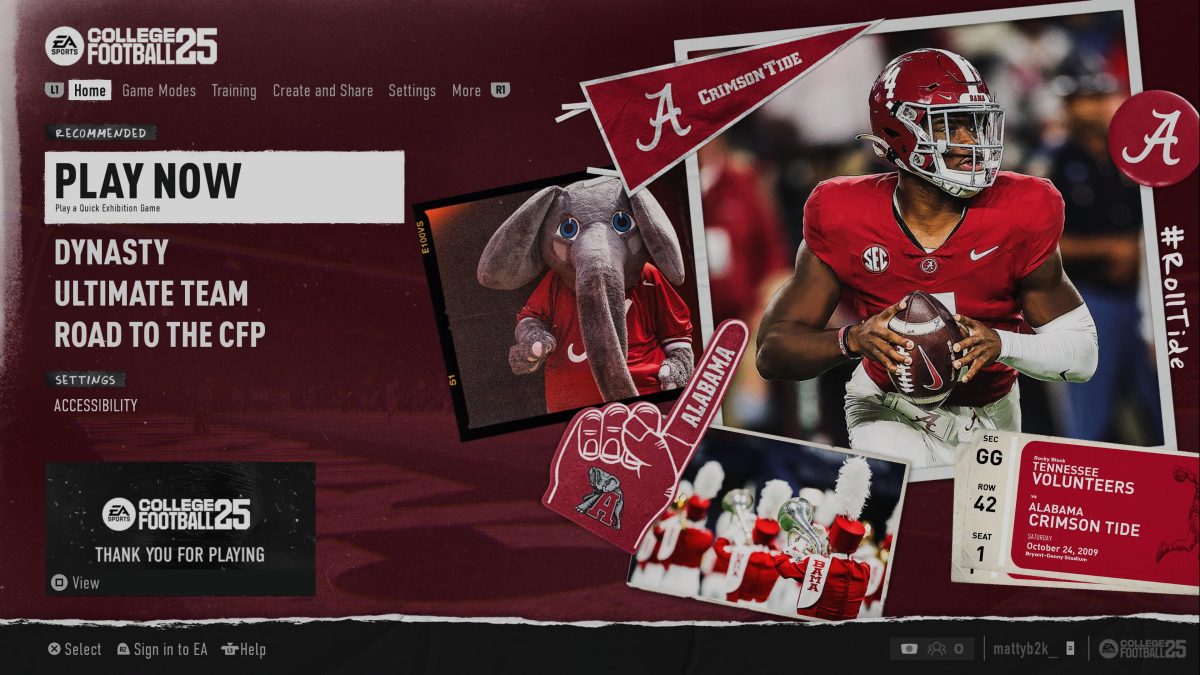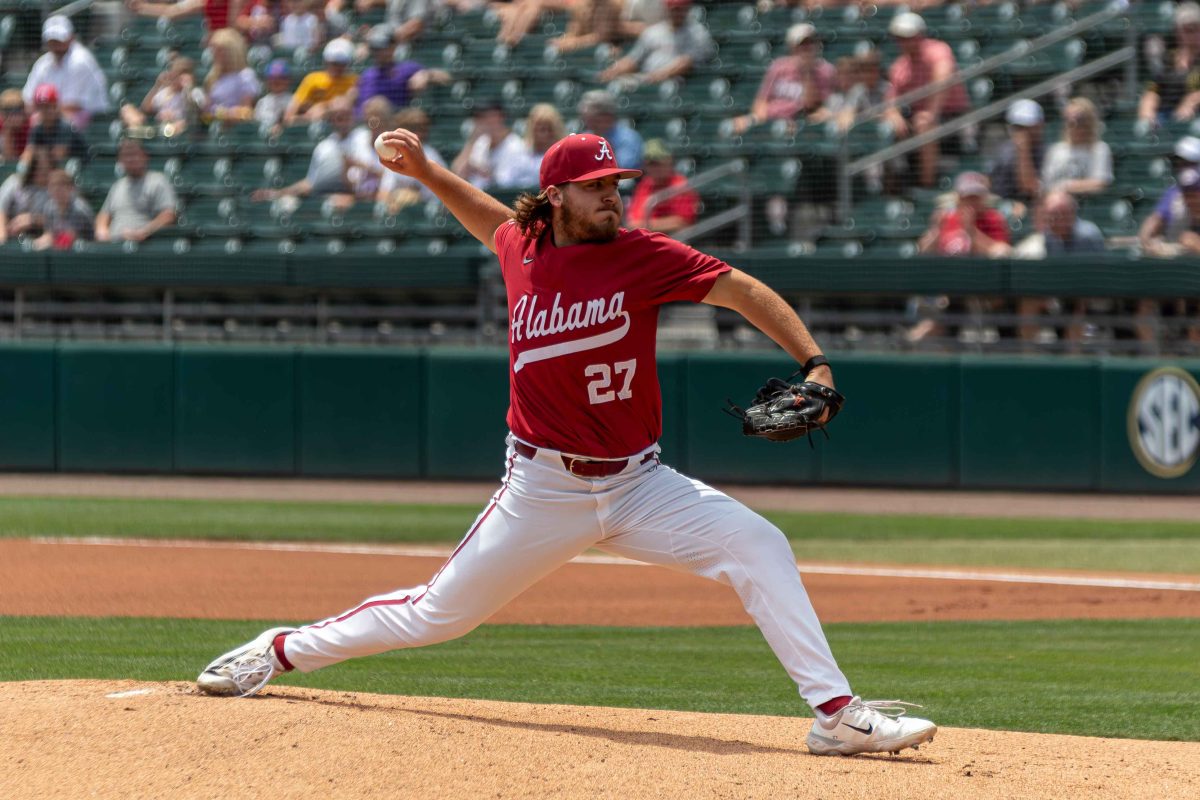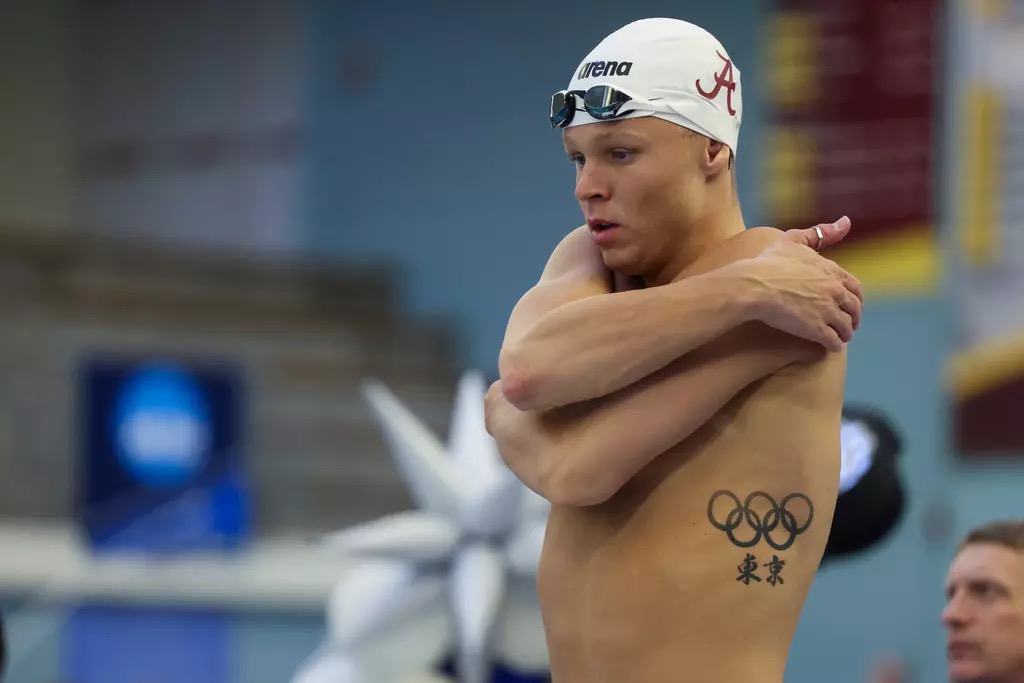Trash talking has become a way of life in sports. It fuels the fire of competition better than any pre-game speech ever could. But how far is too far?
Twitter has become a platform to speak one’s mind in any way one so pleases in regards to life, sports and the like. But watch your words, and remember what your parents have always warned you about: never put anything in writing that you would not want repeated.
How many times have we heard that over the years? Judging by many tweets posted daily, we did not all have the same conversation growing up.
On Aug. 27, just one week before the University of Georgia Bulldogs were set to play the Boise State Broncos, Bulldog cornerback and kick returner Brandon Boykin tweeted this message to Broncos’ coach Chris Petersen:
“Dear Coach Petersen, I DARE you to Kick to me… Sincerely, Me and my #dawgs.”
Is this type of comment simply in jest? Or does it open up a whole new arena for trash talking? A football player just directly challenged an opposing coach. In my mind, this slightly crosses the line. When did this sort of thing become normal?
Boykin’s tweet reached his almost 6,000 followers, as well as anyone else with access to the Internet.
Though Coach Petersen did not answer the tweet directly, the Broncos responded on the field with a 35-21 win over Boykin and his “dawgs.” His performance was less than outstanding, with an average of 22 yards on five returns.
Can you imagine what Coach Saban’s response would have been to a comment like Boykin’s? “Sure Brandon, we’ll be happy to kick it to you — I’ve never encountered a challenge I wasn’t up for.”
We all have the power to send a message directly to an athlete, coach or any other celebrity in the “Twitterverse.” Not only that, but they can contact us right back if they so choose. That being said, college athletes that normally send statements through reporters or sports information directors now possess the right to speak as they please, basically unfiltered.
Interaction among athletes is something that the average person probably does not get to experience on a regular basis; however, with the level of access provided by Twitter, anyone can feel like Greg McElroy or Mark Ingram’s new best friend.
Out of this new Twitter relationship that many feel like they now have with certain athletes also comes the ability to get the low down on where they are eating, who they are with, and if you are lucky, even a picture.
Not long ago, before all of the Internet technology we have today, Americans got their inside sports information from talk radio. Now, it’s as easy as checking your Twitter timeline to find out the scoop on recruiting, injuries and other important matters.
Of course, there are coaches who may prefer that their players remain silent on Twitter during the season, but many remain active tweeters.
I would like to personally thank all the athletes out there tweeting for allowing people like you and me to get an up-close and personal look into their lives. Every time you check your Twitter, you never know what you will read. You never know, #trashtalking could be trending.
One last thought: can you imagine what the Bear would have had to say if he’d had Twitter back in his day?

